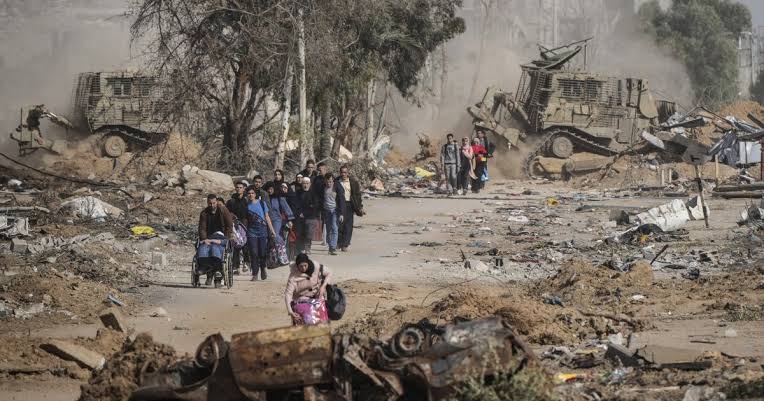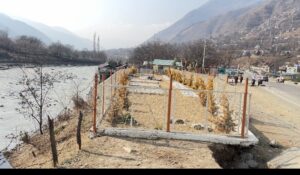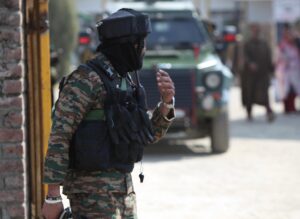Gaza Humanitarian Crisis Exposes Flaws in Global Aid System, Urges Muslim Unity

By| Farooq Ahmad Lone
On 23 May, UN Secretary-General Antonio Guterres declared, “Nearly the entire population of Gaza is facing the risk of famine,” adding that Palestinians in Gaza are enduring what may be the cruelest phase of this cruel conflict. “Families are being starved and denied the very basics—all with the world watching in real time,” he stated. Appealing for the immediate delivery of life-saving aid, Guterres stressed, “Let’s do it right. And let’s do it right away.” According to officials from the World Food Programme, enough food to feed one million people for up to four months is already positioned at aid corridors and ready to be brought into Gaza. However, with all border crossings closed, humanitarian operations remain at a standstill and millions remain at risk. Despite the UN’s commendable efforts in Gaza and other conflict zones, growing criticism is being directed at the structure of the Western-led UN humanitarian system, which appears incapable of challenging Israel’s refusal to open aid corridors. Analysts have labeled this inaction as “sugar-coated pills,” arguing the UN maintains its humanitarian image while avoiding meaningful confrontation with Israel over what many now regard as the war crime of starvation.
Though various United Nations offices have issued repeated warnings about the worsening humanitarian crisis caused by Israel’s blockade, the lack of effective diplomatic pressure or sanctions has raised serious questions about the UN’s neutrality and strength. Human rights activists and global leaders argue that Israel’s deliberate obstruction of humanitarian aid delivery is starving innocent civilians—children, women, the elderly—amid a brutal war since 2023. In response to this crisis, many Muslim scholars and commentators have emphasized the need for a unified and assertive stance from the Muslim world. While several Muslim countries have sent aid through Egyptian authorities—who remain in coordination with Israel—there has been no collective effort to apply direct pressure on Israel to allow unhindered aid delivery. This has exposed the structural weaknesses and disunity within the Muslim Ummah, highlighting a failure to act decisively at a time when the moral and humanitarian justification for intervention was overwhelming.
The Gaza crisis is a stark wake-up call for the Muslim Ummah to unite and take bold actions to protect its people in conflict zones. Just as the Western world has shown unity in supporting Ukraine against Russian aggression, the Muslim world must also act as a civilizational bloc, asserting its collective influence. The recent rapprochement between Saudi Arabia and Türkiye is a step in the right direction. The Organization of Islamic Cooperation (OIC) must be reactivated as a powerful platform to design and implement future strategies on Gaza. Mere condemnations are ineffective. The OIC should urge member states to cut all forms of diplomatic and economic ties with Israel. Influential states like Türkiye, Saudi Arabia, Egypt, and Jordan must adopt tougher stances. As political analyst Samid Hamid stated, “The Muslim world has the capability to stop this genocide if they decide to and take a stand.”
Author: Farooq Ahmad Lone
lonefarooqahmad80@gmai.com



